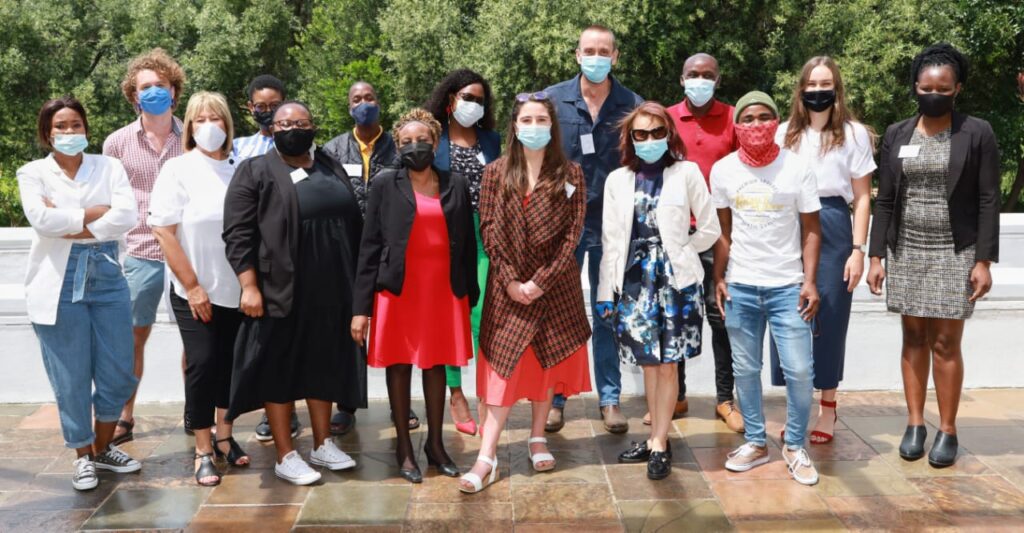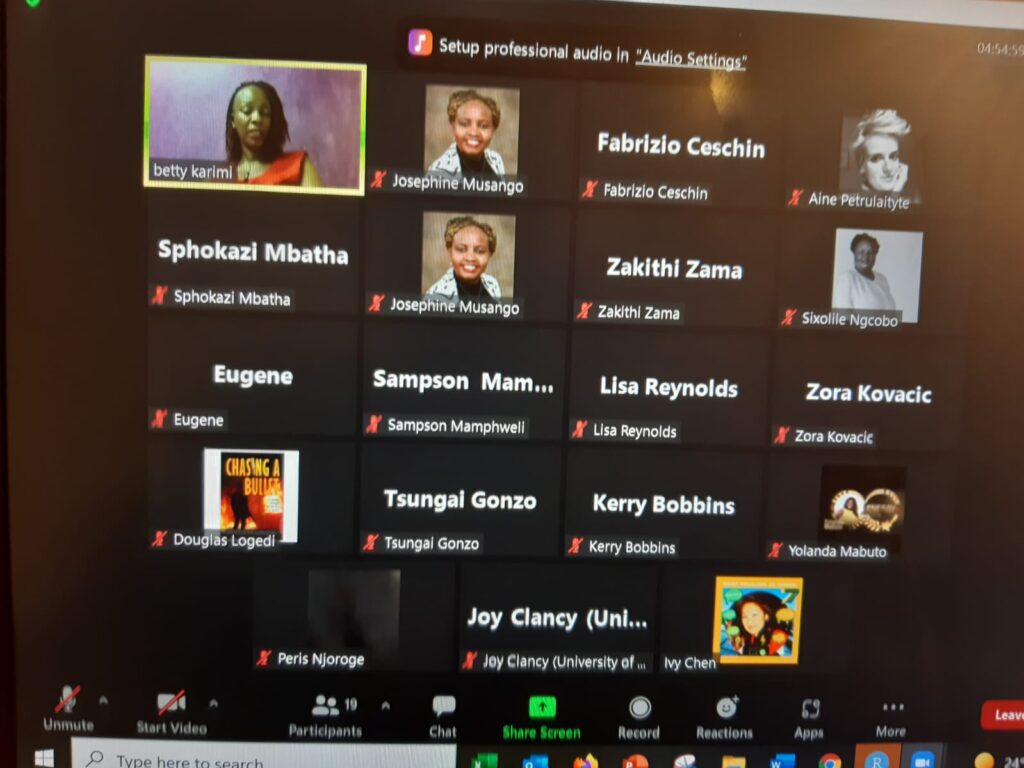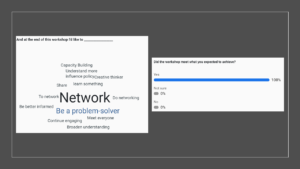
Over the last two years, the GENS researchers have been exploring gendered perspectives to the urban household energy transition, with two case studies in South Africa and Kenya. As a follow-up to the Energy and Gender in South Africa workshop held on 24 March 2021, GENS Trilateral Chair held its second multi-stakeholder engagement workshop in South Africa on 23 November 2021. The workshop was themed: “A Gendered Perspective in Urban Household Energy Transition”.
The workshop objectives were to:
- to disseminate research-based evidence on gendered perspective in the urban household energy transition and
- to engage in multi-stakeholder dialogue on how we can integrate gendered in the urban household energy transition.
The workshop was in a hybrid format, virtually on Zoom and at the Stellenbosch Institute for Advanced Study (STIAS) in Stellenbosch.
It brought together 32 stakeholders, who were:
-
- researchers from the GENS team, other Universities in South Africa, and international institutions in the Netherlands, UK and Spain;
- representatives from government departments including, Drakenstein Municipality and Commission for Gender Equality;
- funder representative from British Council;
- representatives from industry and business including Divaine Growth Solutions, SADC Centre for Renewable Energy and Energy Efficiency, Zonke Energy, Ikigai Engineering and Green Building Council for South Africa; and
- Groenheuwel community members, including community liaison, co-researchers and youth champions in the GENS research.

Prof Zwelizima Ndevu, the Director of the School of Public Leadership at Stellenbosch University (SU), welcomed the stakeholders. He commended the GENS Trilateral Chair for producing research that speaks to the current needs in South Africa and is relevant to our communities. A question of “how do we involve ESKOM in these deliberations” emerged from Prof. Ndevu’s closing remarks when alluding to the rife electricity shortages in South Africa.
The GENS researchers disseminated ongoing work in three sessions. The first session focused on gendered energy transition in urban households in three case studies. Prof Josephine Musango, GENS Chairholder, presented the GENS work packages one and four and the Groenheuwel case study. The presentation highlighted the theoretical frameworks developed, engagements in the GENS living lab in Groenheuwel, and emerging results from quantitive data. Ms Christer Anditi, a Doctoral researcher at SU, highlighted the gender roles in Mathare informal settlement. In contrast, Ms Andelia Chicombo, a doctoral researcher at SU, shared findings of gendered household transitions in Maputo, Mozambique.
The second session focused on integrating gender in energy innovations. Dr Fabrizio Ceschin, the Principal Investigator at Brunel University London (BUL), presented on the GENs work package two. He highlighted the co-designing and prototyping activities expected through co-design workshops with practitioners and in the living labs in Groenheuwel and Mathare. Dr Aine Petrulaitype, Postdoctoral research in BUL, showcased a co-design toolkit and the process in which it was developed, its features and the testing process. Ms Lelani Oosthuizen, Masters researcher at SU, showcased a capability maturity model to evaluate gender mainstreaming in the energy project value chain.
The third session focused on the policy perspective of energy and gender. Dr Betty Mwiti, the Principal Investigator at the University of Nairobi (UoN), highlighted the existing outcomes of GENS Work package three. She showcased the ongoing multi-stakeholder engagements with the National Commission for Science and Technology Innovation in Kenya. Ms Njoroge, a Doctoral researcher at UoN, shared results on gender framing in policy based on 34 energy sector documents in sub-Saharan Africa. Dr Ivy Chen, a Postdoctoral researcher at SU, presented on monitoring and evaluation for policy.

After each session, the participants shared their views on slido in a facilitated session. Networking and being a problem-solver emerged as what the participants wanted to achieve at the end of the workshop. The workshop report report will be released soon.

